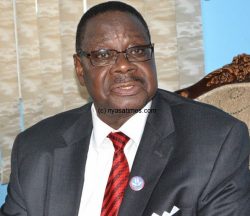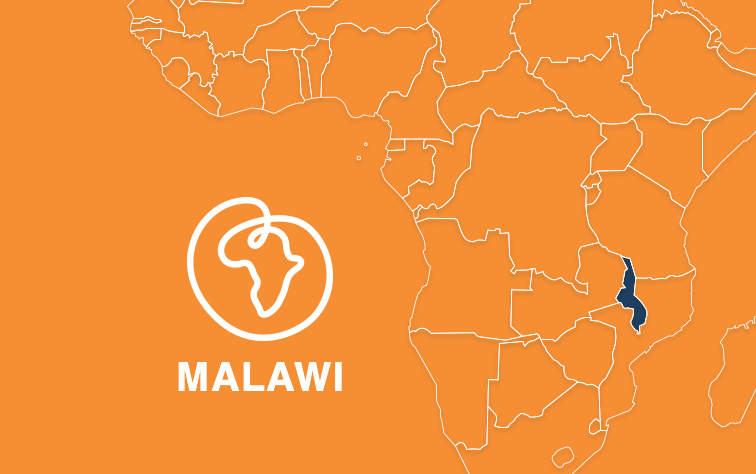“Whoever fights monsters should see to it that in the process he does not become a monster. And if you gaze long enough into an abyss, the abyss will gaze back into you.” – German philosopher, cultural critic and poet Friedrich Nietzsche.
Not that our political leaders are monsters but Nietzsche’s argument is similar to the argument that people, especially those in positions of leadership and power must always practice what they preach if they are to be taken seriously.
About a week ago Malawi’s state president, Peter Mutharika presided over anti-corruption day where he gave a resounding speech in which he identified corruption as “a deadly enemy we must fight in an all-out war!” “Corruption denies medicine from those suffering in our hospitals; it denies learning resources from our children to frustrate our future; and it drains resources for building roads and bridges to frustrate development of this country,” He said.

President Peter Mutharika – Photo Credit: Nyasatimes
Mutharika asked Malawians to embody the spirit of hard work, honesty and integrity and accountability. I fully agree with the president, and I am sure no well meaning Malawian could disagree with these observations. In fact, if we are to look around we will see Malawians crying for a corrupt-free nation – a country with accountable leadership where basic necessities are provided for; a country with servant leadership where bounties of the land are meant for all Malawians not for the privileged few; a country where patriotism means supporting the government when it deserves it and defending one’s country unconditionally.
It is however unfortunate that throughout 51 years of independence, these issues have been frustrated by the people Malawians have entrusted with power. Corruption is everywhere in Malawi and it is safe to say that it trickles from the echelons of power to the lowest denominator. It is the corruption of cashgate proportions that “denies medicine from our hospitals” – it is this kind of corruption that “denies learning resources from our children” – it is this kind of corruption that “frustrates development of [Malawi]”.
After two decades of democracy and Malawians pushing for accountable government and leadership, Malawi government has only just establish the office of assets declaration, which is still being frustrated by inadequate funding and no one is exactly sure what will come out of it. Here president Mutharika has an opportunity to make good of his desire for an accountable state.
Talking about accountability, why is that we have a democracy where political parties are not legally obliged to declare their assets and source of funding? Is this not fertile ground for corruption? Have we, as a nation, ever had an honest discussion why is it that it is only the ruling party that always has election campaigning resources? During his BBC HARDtalk interview, President Mutharika insinuated that Joyce Banda used the proceeds from the sale of presidential jet for her campaigning, shouldn’t this be a cause of concern that we need a law in place to regulate electoral funding?
President Mutharika has opportunity to make good of his desire by passing access to information bill, which successive governments have frustrated since the year 2000. His own government has added to frustration on this issue. One minute there is a commitment to passing to the bill, the following minute the same government is backtracking. Talk is cheap and Mutharika’s anti-corruption speech comes to nothing if his government does nothing to address issues fostering corruption – Mutharika should heed Nietzsche’s observations: “… if you gaze long enough into an abyss, the abyss will gaze back into you.”
Photo Credit: Nyasatimes / President Peter Mutharika



